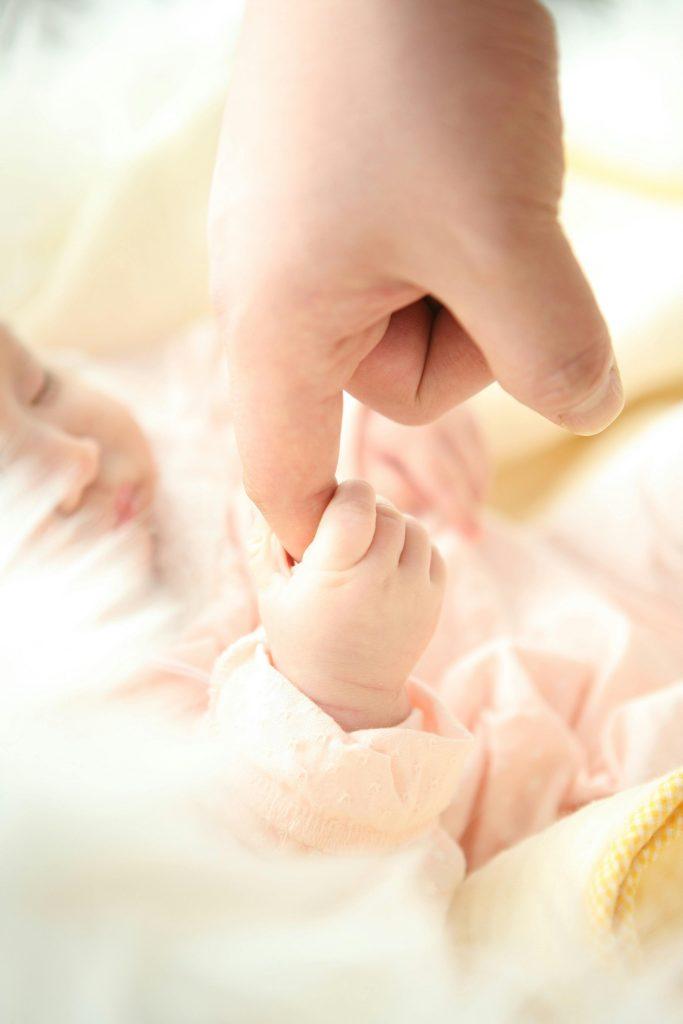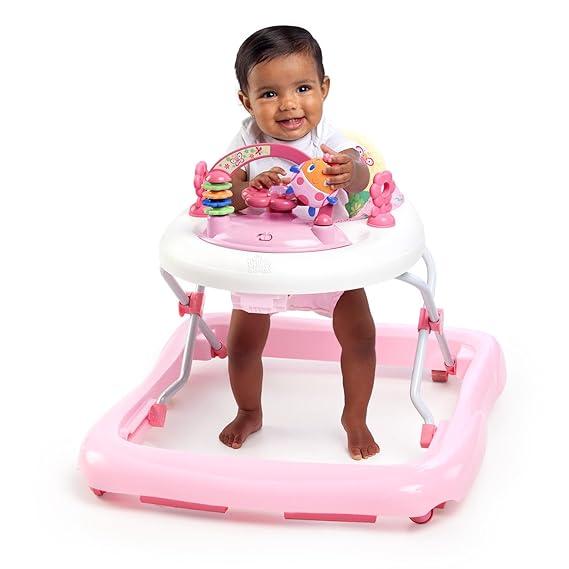
Table of Contents
Key research findings related to baby walkers are:

American Academy of Pediatrics (AAP) recommendations:
The usage of baby walkers is discouraged by the AAP, citing safety concerns and the potential for developmental delays. They highlight the risks of falls, collisions, and injuries associated with walker use.
Canadian Pediatric Society (CPS) guidelines:
CPS recommends against the use of baby walkers due to safety concerns. They emphasize the importance of providing children with a safe place to play unaided on the floor to support motor development.
Effects on motor development:
A systematic review:
Injury rate: 25-year review:
- Study: A study published in the journal “Pediatrics” examined pedestrian-related injuries in children over 25 years old.
- Result: The study reported a significant reduction in infant walker-related injuries after safety standards were increased. However, injuries still occurred, highlighting the need for continued vigilance.
Impact of home safety interventions:
- Study: A study in the “Journal of Developmental and Behavioral Pediatrics” investigated the effects of a home safety intervention on children’s walker use.
- Result: The study showed that a home safety intervention, including educational materials and safety equipment, was effective in reducing infant walker use and related injuries.

Impact on cognitive development:
- Study: Research in the “Journal of Motor Learning and Development” explored the effect of baby walkers on cognitive development.
- Result: The study found that the type of walker, the stage of life at which it was introduced, and the degree of adult interaction during the use of the walker all had an impact on the results related to cognitive development.
Parental beliefs and walker use:
- Study: A study in the “International Journal of Pediatrics” investigated parents’ beliefs and practices regarding baby walker use.
- Result: The study highlighted the importance of understanding parents’ attitudes and beliefs in designing effective interventions to reduce infant walker use

Studies and research findings on baby walkers have delved into various aspects, shedding light on their impact on infant development, safety, and overall efficacy. The focus of these studies encompasses a range of considerations, aiming to provide parents, healthcare professionals, and policymakers with a comprehensive understanding of the implications of using baby walkers.
Safety concerns have been a primary focus of research. Several research has emphasized the dangers connected to baby walkers, including falls, collisions with objects, and accidents involving stairs. These findings have prompted health organizations and regulatory bodies to advocate for stringent safety standards and guidelines in the manufacturing and use of baby walkers.
Research has also explored the effects of baby walkers on motor development. Some studies suggest that prolonged use of walkers may impede the natural progression of crawling and walking independently.
Exploring how these devices impact a baby’s perception of their environment and contribute to cognitive development provides a more holistic understanding of their effects.
As research findings accumulate, they contribute to public health initiatives and educational campaigns. The goal is to disseminate information that empowers parents to make informed decisions about whether or not to use baby walkers. Additionally, these findings influence regulatory measures and industry standards, fostering a safer and more transparent market for baby products.
Frequently Asked Questions (FAQs)
What are the safety concerns associated with baby walkers, according to research results?
The findings raise security concerns, such as falls, collisions with objects, and accidents involving stairs that are associated with the use of a baby walker. Health organizations and regulatory bodies advocate for strict safety standards and guidelines in their manufacture and use.
Research on how baby walkers affect motor development?
Research has indicated that extended use of baby walkers can hinder the natural development of independent crawling and walking. It can affect the motor development of children.
What research findings provide insight into the impact of baby walkers on cognitive development?
Research results show that the type of walker, the stage of life in which it is introduced, And factors such as the degree of adult interaction during its use can affect cognitive development in children.
How do parents’s Beliefs and Behaviors Related to Baby Walker Use Influence Research and Interventions?
Research highlights the importance of understanding parents’ attitudes and beliefs in designing effective interventions to reduce children’s walker use and the associated risks.
What role do research findings play in the formulation of public health measures and regulatory measures related to baby walkers?
The research findings contribute to public health initiatives, educational campaigns, and regulatory initiatives that aim to disseminate information, empower parents to make informed decisions, and promote a safe marketplace for children’s products.
Conclusion:
In conclusion, the body of studies and research findings on baby walkers reflect a multifaceted exploration into their impact on safety and infant development. This knowledge serves as a foundation for shaping recommendations, policies, and public awareness campaigns, ultimately guiding parents and caregivers in making choices that prioritize the well-being of their infants.
